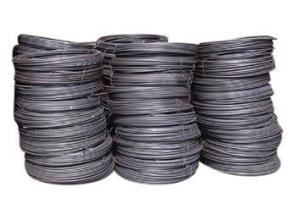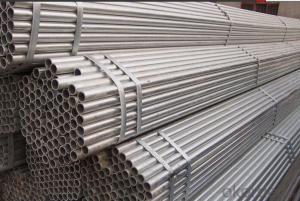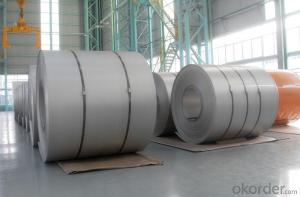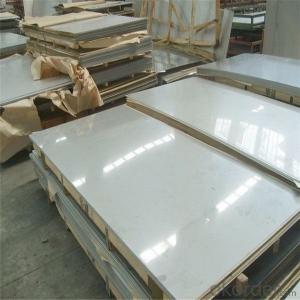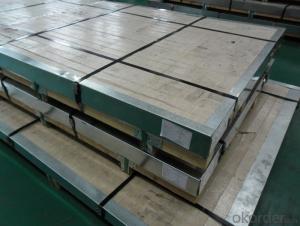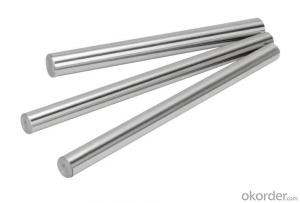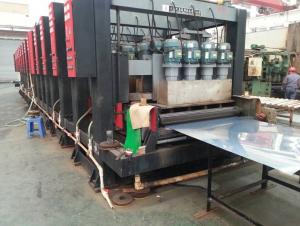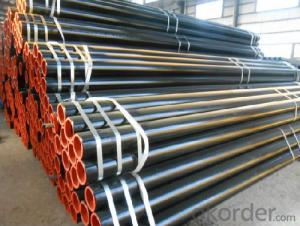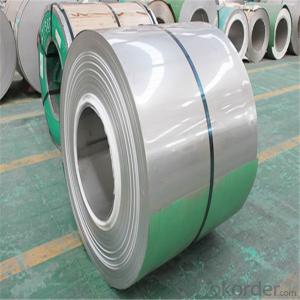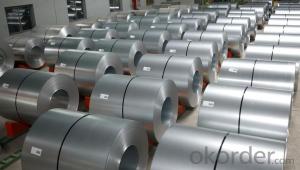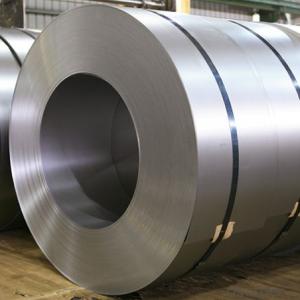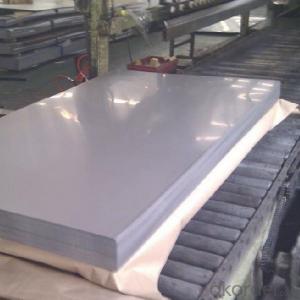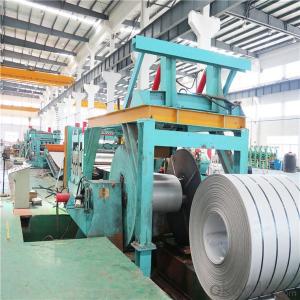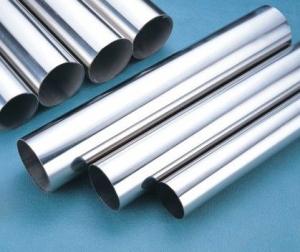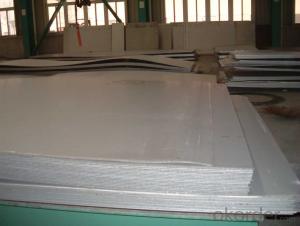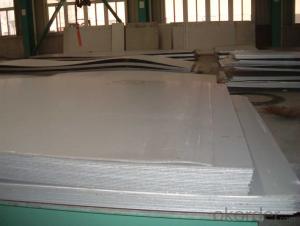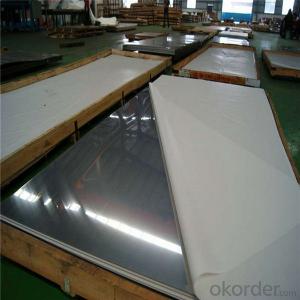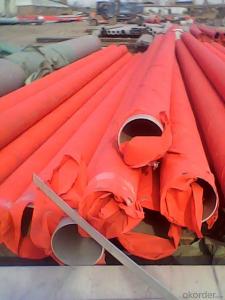All Categories
- - Steel Wire Rod
- - Steel Coils
- - Steel Profiles
- - Steel Pipes
- - Stainless Steel
- - Tinplate
- - Special Steel
- - Steel Sheets
- - Steel Rebars
- - Steel Strips
- - Hot Rolled Steel
- - Cold Rolled Steel
- - Pre-painted Steel
- - Seamless Steel Pipe
- - Welded Steel Pipe
- - Hollow Steel Tubes
- - Galvanized Pipe
- - Stainless Steel Coil
- - Stainless Steel Sheet
- - Stainless Steel Plate
- - Stainless Steel Strips
- - Electrolytic Tinplate Coil
- - Electrolytic Tinplate Sheet
- - Stainless Steel Rebars
- - Solar Panels
- - Solar Water Heater
- - Solar Related Products
- - Solar Inverter
- - Solar Cells
- - Solar Light
- - Solar Energy Systems
- - Solar Controllers
- - Solar Mounting System
- - Solar Pump
- - Solar Chargers
- - Fiberglass Chopped Strand
- - Fiberglass Mesh Cloth
- - Composite Pipes
- - FRP Pultrusion Profiles
- - Fiberglass Mat Tissue
- - Fiberglass Fabrics
- - Fiberglass Mesh
- - Composite Tank
- - Fiberglass Mesh tape
- - Polymer
- - FRP Roofing Panel
- - Fiberglass Roving
- - Monolithic Refractories
- - Ceramic Fiber Products
- - Refractory Bricks
- - Raw Materials For Refractory
- - Suspended Platform
- - Cranes
- - Concrete Machinery
- - Earthmoving Machinery
- - Building Hoist
- - Road Building Machinery
- - Plastic Pipe Fittings
- - Plastic Tubes
- - Plastic Sheets
- - Agricultural Plastic Products
- - Plastic Nets
 All Categories
All Categories
Q & A
How is stainless steel used in the healthcare sector?
Stainless steel is extensively used in the healthcare sector due to its exceptional properties such as corrosion resistance, durability, and ease of cleaning. It is commonly found in medical instruments, surgical tools, implants, and equipment like hospital beds, carts, and cabinets. Additionally, stainless steel is utilized in the construction of sterile environments, such as operating rooms and laboratories, as it can withstand frequent disinfection and sterilization procedures. Overall, stainless steel plays a crucial role in maintaining hygiene standards and ensuring the safety and effectiveness of medical practices in the healthcare industry.
What are the considerations for using stainless steel in the design of energy-efficient and sustainable industrial manufacturing plants?
There are several considerations for using stainless steel in the design of energy-efficient and sustainable industrial manufacturing plants. Firstly, stainless steel is known for its durability and corrosion resistance, which ensures a longer lifespan for equipment and reduces the need for frequent replacements. This not only minimizes waste generation but also reduces the overall energy consumption associated with manufacturing new equipment.
Secondly, stainless steel has excellent thermal properties, allowing for efficient heat transfer and management within the manufacturing plant. This can contribute to energy efficiency by reducing energy losses and improving the overall performance of heat exchangers, boilers, and other thermal equipment.
Furthermore, stainless steel is a hygienic material that is easy to clean and maintain. This is crucial for industries that require strict cleanliness standards, such as food processing or pharmaceutical manufacturing. The ease of cleaning reduces the use of chemicals and water, making the manufacturing process more sustainable.
Lastly, stainless steel is a 100% recyclable material, meaning it can be reused indefinitely without losing its properties. This promotes a circular economy approach, where stainless steel products can be recycled at the end of their life cycle, reducing the demand for virgin materials and minimizing environmental impact.
In summary, the considerations for using stainless steel in the design of energy-efficient and sustainable industrial manufacturing plants include its durability, thermal properties, hygienic characteristics, and recyclability. By incorporating stainless steel into the plant's design, companies can enhance energy efficiency, reduce waste generation, and promote sustainability.
Can stainless steel be used for underwater applications, and if so, how is it protected from corrosion?
Yes, stainless steel can be used for underwater applications. It is highly resistant to corrosion due to the presence of chromium in its composition. The chromium forms a protective oxide layer on the surface of the steel, which acts as a barrier against corrosion. This passive layer prevents the steel from coming into direct contact with water and other corrosive elements present in the underwater environment. Additionally, stainless steel can be further protected from corrosion by applying coatings or using cathodic protection methods.
Wholesale Stainless Steel from supplier in Rwanda
We are a Stainless Steel supplier serving the Rwanda, mainly engaged in the sale, quotation, and technical support services of various Stainless Steel products in the Rwanda region. We are a subsidiary platform of the Fortune Global 500 company CNBM, able to provide you with one-stop Stainless Steel procurement services in the Rwanda. Not only do we have a wide range of Stainless Steel products, but after years of market development in the Rwanda, we can also provide valuable experience for your projects.
